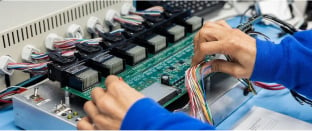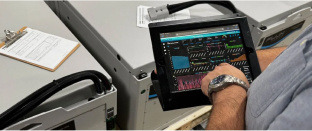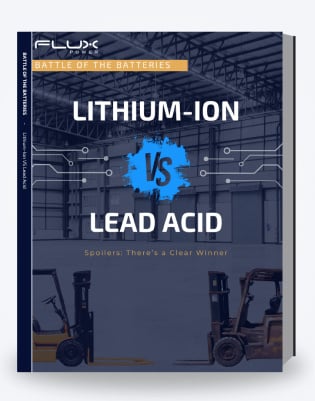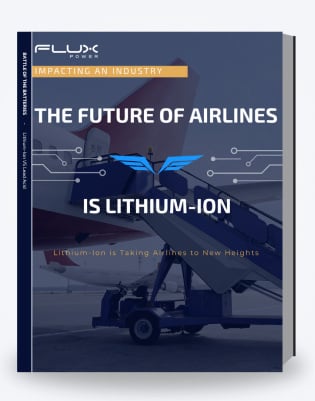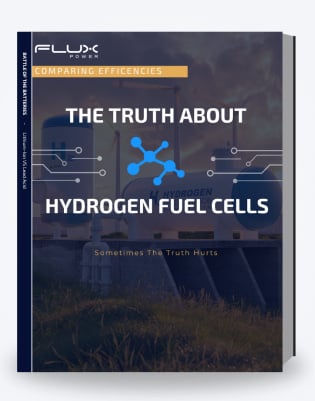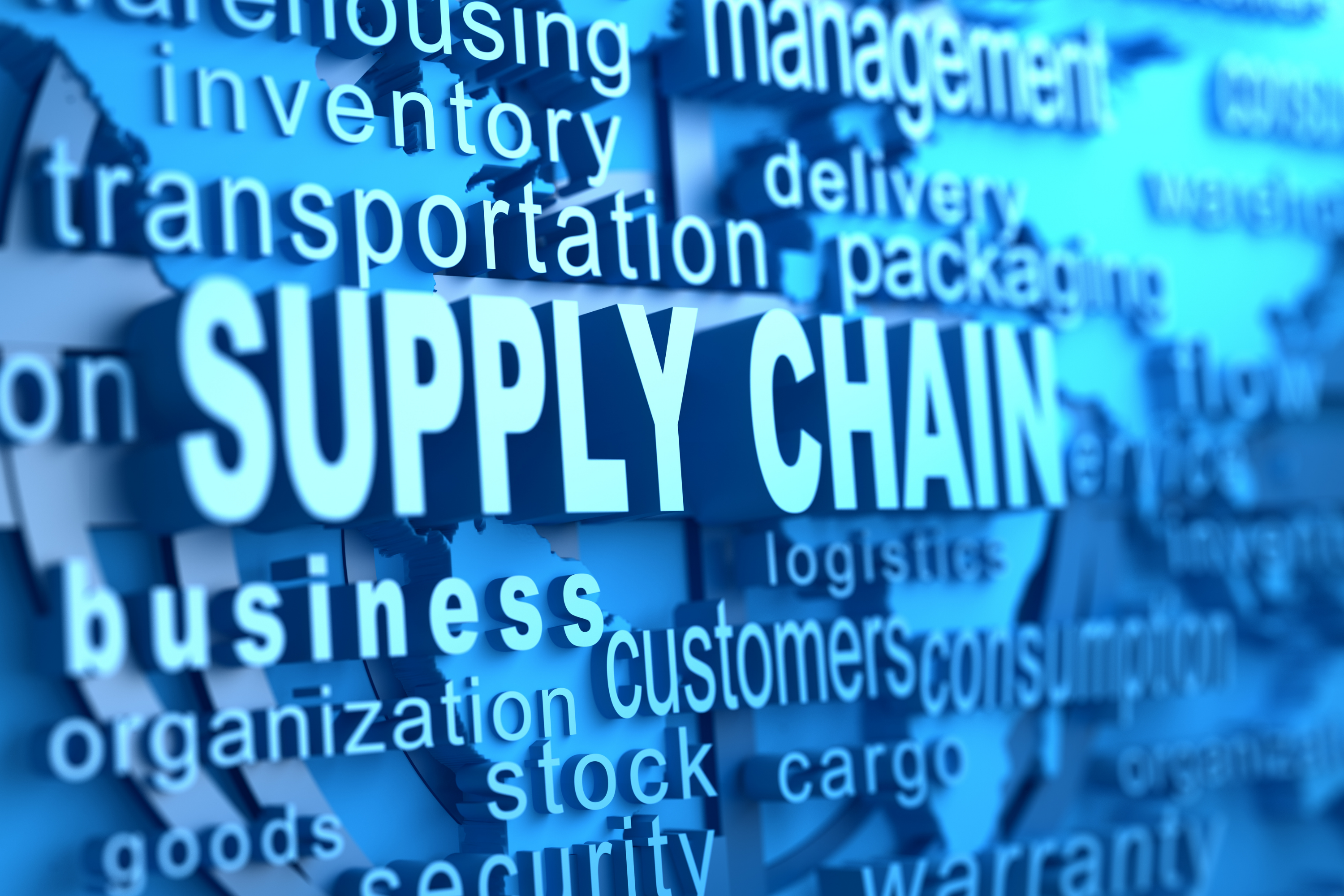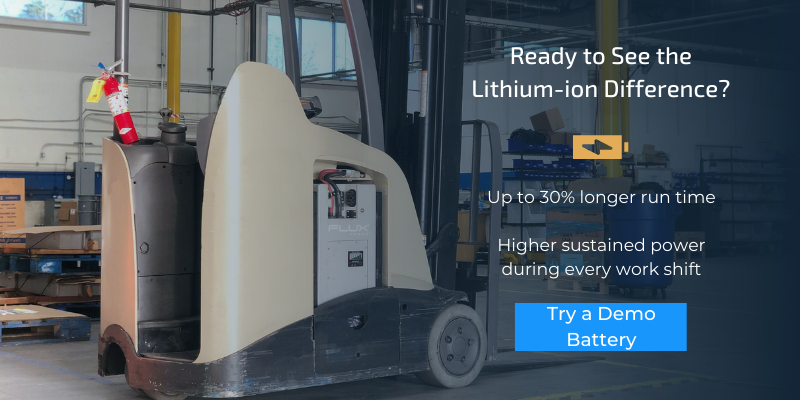What Is Supply Chain Resilience?
If there’s one thing that we all learned from the COVID-19 pandemic, it’s that suppliers must be resilient in order to keep their businesses going. Supply chain resilience is the magnitude to which a company’s supply chain is able to adapt and transform during change. This concept is important because a business needs to have supply chain resilience in order to function. A company that understands supply chain resilience can tolerate the impact of a supply chain disruption.
The COVID-19 pandemic has caused worldwide shutdowns resulting in hurt suppliers across the globe. However, suppliers that had invested in new technologies prior to the pandemic were more prepared and could adapt more quickly to the rapidly evolving situation.
It’s essential that suppliers learn how to increase their adaptability and flexibility to become more resilient. It is also important for businesses to have a supply chain resilience strategy. An example of this is “just-in-time” manufacturing. Just-in-time depends on supply chains operating at peak levels of precision. This practice allows production to stay lean and produce maximum output while allowing little room for error. This methodology also helps minimize flow times within production systems.
Utilizing technologies to improve supply chain resilience can help warehouse operations endure difficult times.
Adopt New Technologies for Better Supply Chain Resilience
Technology allows companies to adapt to sudden changes. Technology has given us the tools that we need to continue operating through major disruptions, like the COVID-19 pandemic.
Industry 4.0 has revolutionized the way that we operate. Industry 4.0, or the fourth industrial revolution, is the automation of conventional manufacturing and industrial practices. Some technology that Industry 4.0 has revolutionized in warehouse operations includes the industrial internet of things (IIoT), artificial intelligence, autonomous robots, and more. IIoT is a network of objects that have sensors, software, and other technologies used in industrial applications such as manufacturing. Artificial intelligence entails multiple technologies which allow software and machines to understand and learn by themselves. Autonomous robots can perform tasks with little to no human labor. All these technologies and others have led to the following solutions:
- Automation of daily warehousing operations leads to reduced dependency on inefficient or unreliable manual labor. Automation can also increase the safety of a facility by reducing human error.
- Automated fleets of lifts and drones require less space to navigate, which means warehouses could be reconfigured to allow higher density. This allows warehouses to store more products.
- Increased data collection and analysis can help pinpoint inefficiencies that might otherwise get missed. The ability to accurately track inventory and stock levels with smart storage solutions can help avoid under and overstocking.
These are just a few examples of new technology solutions for better supply chain resilience. As time progresses, these technologies as well as new and emerging technologies will be advantageous for smart manufacturing.
Lithium-ion Batteries Can Make Your Supply Chain Operations More Resilient for Long-Lasting Success
Lithium-ion batteries are another type of technology that can help improve a facility’s supply chain resilience. When it comes to building a more resilient fleet, making the switch to lithium-ion batteries is a must.
Here are just a few hi-tech examples of lithium-ion battery features and benefits that can help increase supply chain resilience.
- Battery management systems
- Telematics
- Opportunity charging
- Longer run times
A battery management system (BMS) is the brain of the battery. The BMS can be paired with telematics, which provides data on the status and health of a forklift battery. Having a BMS with telematics for your warehouse operations is also beneficial because it provides data for predictive maintenance. In order to achieve supply chain resilience, avoiding maintenance issues will allow operations to be more efficient.
Opportunity charging is the practice of charging a forklift battery for short periods of time throughout the day, as opposed to charging it all at once. Opportunity charging is another benefit that lithium-ion batteries provide to increase resilience in operations.
In addition, lithium-ion batteries have longer run times. Longer run times for a fleet of forklifts mean a more efficient facility. Lithium-ion batteries can last through multiple shifts; therefore, operators can finish their workday without having to worry about when the next charge will be. This helps fleet directors execute their supply chain resilience strategy. Using lithium-ion forklift batteries in a fleet is one way to achieve supply chain resilience.
Partner with a Lithium-Ion Battery Supplier That Can Support Your Operations
Lithium-ion technology provides the adaptability and flexibility to give warehouses greater resilience during challenging times. Embracing lithium-ion technology can help manufacturing applications be more adaptable to any supply chain disruption.
Converting a fleet to lithium-ion batteries can help achieve lower maintenance costs, faster charging, and higher performance. Lithium-ion batteries require less maintenance, charge quicker, and outperform lead acid batteries.
Lithium-ion batteries for a fleet of forklifts are a great solution to help achieve supply chain resilience. Demo battery programs from battery suppliers can help operations ensure that lithium-ion technology is a good fit for their facility. This allows operations to sample lithium-ion technology and see if it can help them achieve supply chain resilience.

